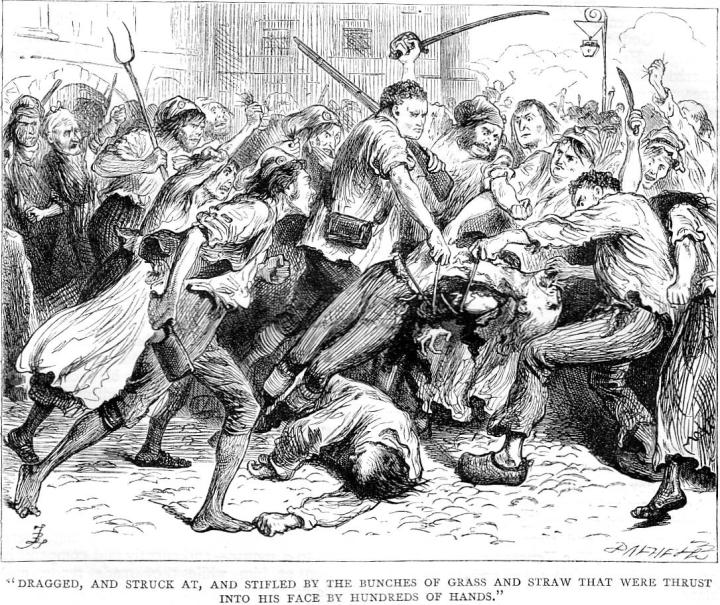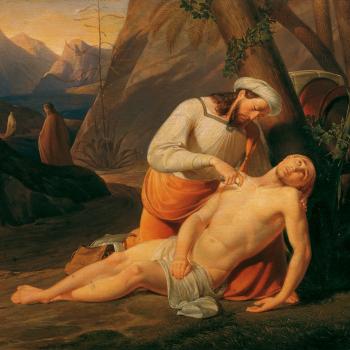
Kevin D. Williamson points to two tactics that have become part of our political culture, introducing two words that Americans today need to know: ochlocracy (mob rule, indirect as well as direct) and streitbare Demokratie (“militant democracy,” the notion that maintaining liberalism may require illiberal means).
From Crowder Isn’t a Threat to Public Safety:
Ochlocracy is an ancient concept that denotes, approximately, “mob rule.” But “mob rule” does not mean only riots and lynchings and other acts of extralegal violence. More commonly, ochlocracy functions through the legitimate organs of the state or through other entities, such as businesses and professional associations. In these cases, the threat of mob violence, or the simple fact of a mob demand, is sufficient to get those with power to act as the mob wishes, to do the mob’s dirty work for it and thereby relieve the rabble of the exertion of a riot. As Edward Gibbon tells the story, the mob need not murder its enemy — not if it can get the state to act on its behalf.
Williamson then gives examples from Roman history–when the threat of mobs led the state too do what the mob demanded–and from big tech’s censorship of conservatives, including how and why YouTube and Facebook banished the mild Jewish traditionalist Dennis Praeger.
Williamson then turns to a more obvious tactic:
Ochlocracy is the how, and streitbare Demokratie is the why. The concept of streitbare Demokratie, or “militant democracy,” is a German idea first articulated by Karl Loewenstein in response to the rise of Nazism and other totalitarian movements through means that were partly formally democratic. Streitbare Demokratie is the idea that liberal democracies must sometimes behave in illiberal and anti-democratic ways in order to preserve liberalism and democracy from much worse threats. “Democracies withstood the ordeal of the World War much better than did autocratic states — by adopting autocratic methods,” Loewenstein wrote. “Few seriously objected to the temporary suspension of constitutional principles for the sake of national self-defense. During the war, observes Léon Blum, legality takes a vacation.” Streitbare Demokratie is the principle under which Germany bans certain kinds of political parties and Austria bans some political books.
This is the thinking behind the current efforts to carefully cultivate a sense of emergency and hysteria (on both the Left and the Right) and the attempt, mainly by progressives, to equate speech and violence.
This is why appeals to liberal principles, such as free speech, gets little traction when criticizing progressive’s censorship of speech. In their mind, they must censor free speech in order to preserve free speech.
What are some other examples of this?
Illustration: The mob’s attack on Foulon de Doué in A Tale of Two Cities, print by Fred Barnard (1870) [Public domain] via Wikimedia Commons
















